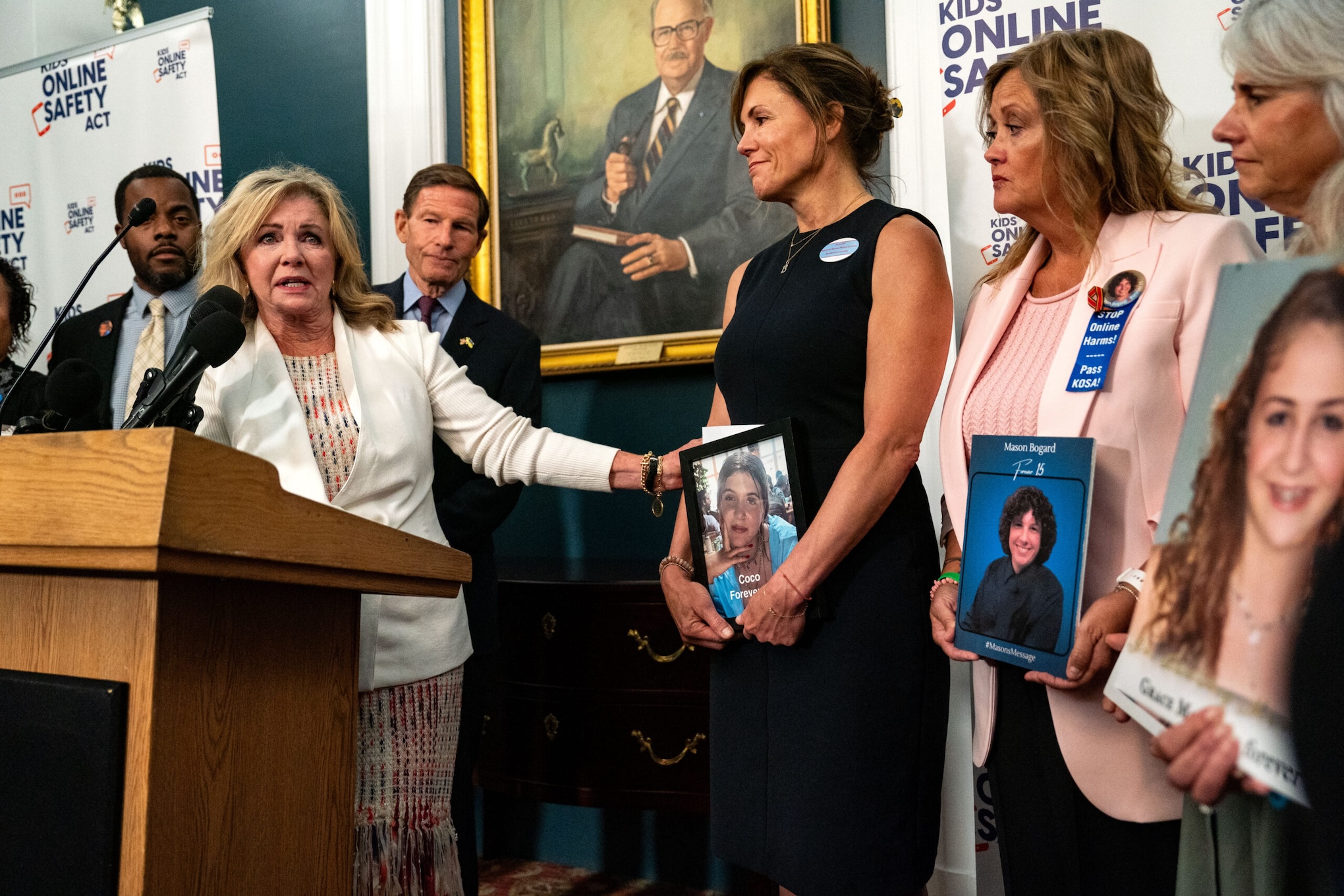Child Online and iGaming Protection Bill Approved by Senate

The US Senate recently passed the “Kids Online Safety Act” (KOSA), a legislative step aimed at enhancing the protection of children in the digital world. This bipartisan bill, co-sponsored by Senators Richard Blumenthal and Marsha Blackburn, seeks to address the growing concerns about the safety and well-being of children who engage with online platforms, including sites that have gaming and gambling content.
As digital environments become increasingly integral to the lives of young people, KOSA represents a proactive effort to create a safer internet landscape. It introduces a comprehensive framework to ensure that online platforms prioritize the safety of minors.
Central to this legislation is the requirement for social media companies and other online services to provide robust parental controls, allowing parents and guardians to better oversee and manage their children’s online activities. These controls are designed to offer tools for limiting screen time, restricting access to certain types of content, and monitoring interactions to protect children from potential online dangers.
One of the primary motivations behind KOSA is the alarming rise in mental health issues among children and adolescents, which many experts link to the pervasive use of social media. The act mandates that online platforms implement measures to mitigate the risks of harmful content exposure, such as cyberbullying, self-harm, and eating disorders.
Platforms are required to provide options that enable children to opt out of algorithmic recommendations that may amplify harmful content. This move aims to reduce the negative impact that certain types of content can have on young users.
Moreover, KOSA also emphasizes the importance of data privacy for minors. The legislation stipulates that online platforms must implement stringent data protection practices, including limiting the collection and sharing of personal data from users under the age of 18. By ensuring that children’s data is handled with the utmost care, the act aims to prevent the exploitation and misuse of personal information, which can lead to privacy breaches and other security concerns.
A notable feature of this act is its focus on transparency and accountability. Online platforms are required to provide regular reports on their efforts to safeguard minors, including data on the prevalence of harmful content and the effectiveness of implemented safety measures. These reports are intended to keep both the public and regulators informed about the platforms’ progress and challenges in protecting young users.
The passage of KOSA has been met with widespread support from various advocacy groups, parents, and educators who have long called for more robust protections for children online. However, it has also faced criticism from some quarters, particularly from tech companies concerned about the feasibility and potential unintended consequences of the legislation.
Critics argue that the requirements imposed by KOSA could lead to increased censorship and limit the free expression of young users. Additionally, there are concerns about the technical and operational challenges of implementing the mandated safety measures across diverse platforms.
Despite these criticisms, the enactment of KOSA marks a significant step forward in the ongoing effort to create a safer digital environment for children. As the legislation moves to the House of Representatives for further consideration, stakeholders continue to engage in discussions to refine and optimize the provisions of the act. However, the lower chamber has been more resistant to the legislation, leaving its future in limbo.
- Other news categories:
- SlotsUp's news





